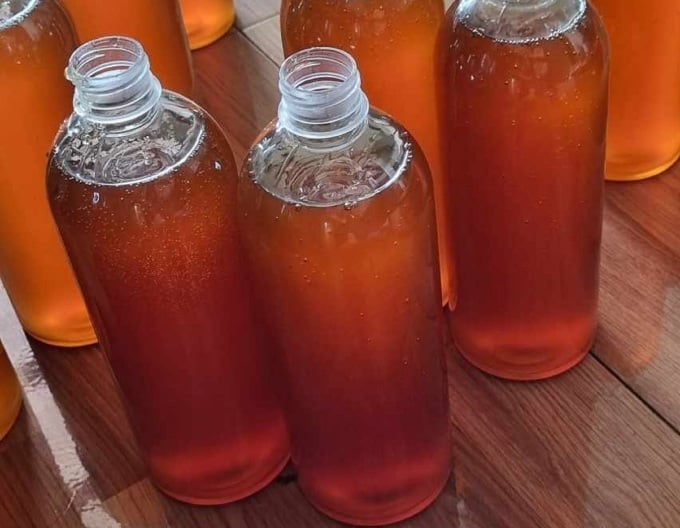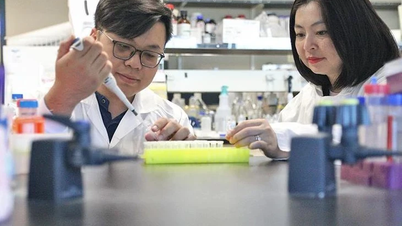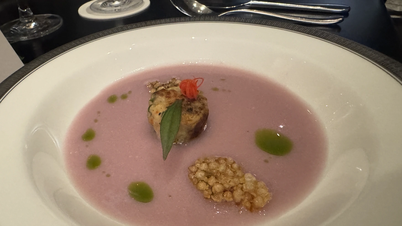Cinnamon and honey both contain antioxidants that have anti-inflammatory properties, which help relieve pain for arthritis patients.
Honey and cinnamon are often used as sugar substitutes in cooking, enhancing flavor and providing many nutritional benefits. In traditional medicine, cinnamon helps relieve toothache and arthritis. Honey contains some amino acids and antioxidants that are beneficial for people with arthritis.
Cinnamon
Cinnamon provides many nutrients such as fiber, calcium, iron, magnesium, phosphorus, zinc that are essential for overall health. According to the Arthritis Foundation of America, cinnamaldehyde and cinematic acid in cinnamon have antioxidant and anti-inflammatory properties, which inhibit cell damage in the body, beneficial for arthritis patients.
According to a 2017 study by the University of Illinois College of Pharmacy, USA, cinnamon has the highest antioxidant activity among spices. Procyanidins in cinnamon, berries, oranges, grapes, pineapple, cashews, almonds, and walnuts help fight inflammation.
A 2002 study by the American Dietetic Association found that catechins from cinnamon have the ability to prevent cell damage and inhibit cartilage breakdown in the body. Many flavonoid compounds in cinnamon also have the ability to reduce inflammation.
According to researchers, cinnamon supplements help improve symptoms in people with rheumatoid arthritis. However, patients should consult a doctor before using to determine the appropriate dose to avoid side effects.
People with diabetes can add cinnamon to tea, smoothies, oatmeal, dishes and drinks to take advantage of its benefits. However, note that if consumed in large amounts, coumarin in cinnamon can cause damage to the liver and kidneys.

Honey contains many nutrients that are good for health. Photo: Mai Cat
Honey
A 2013 study from Tabriz University of Medical Sciences, Iran, found that natural honey contains about 200 substances, including amino acids, vitamins, minerals, enzymes, sugars, and water. They have anti-inflammatory, antibacterial, and wound-healing properties.
The acidity of honey supports antibacterial activity, reducing inflammation in arthritis patients. Amino acids, vitamins and trace elements have a direct effect on tissue regeneration, helping wounds heal quickly. Honey also supports the treatment of eczema, psoriasis and dandruff, helping people with psoriatic arthritis.
The main antioxidant compounds, flavonoids and polyphenols, also have anti-inflammatory effects. A 2012 study by Universiti Sains Malaysia, showed that honey's anti-inflammatory properties help treat both chronic and acute inflammation.
Honey is high in calories and sugar which can cause increased blood sugar levels and weight gain if consumed in excess.
Mai Cat (According to Very Well Health )
| Readers send questions about musculoskeletal diseases here for doctors to answer |
Source link







































![[Photo] Ready for the 2025 Fall Fair](https://vphoto.vietnam.vn/thumb/1200x675/vietnam/resource/IMAGE/2025/10/14/1760456672454_ndo_br_chi-9796-jpg.webp)










































![[Photo] General Secretary To Lam chairs the meeting of the Central Steering Committee on science, technology development, innovation and digital transformation](https://vphoto.vietnam.vn/thumb/402x226/vietnam/resource/IMAGE/2025/10/15/1760500443782_anh-man-hinh-2025-10-15-luc-10-52-47.png)































Comment (0)